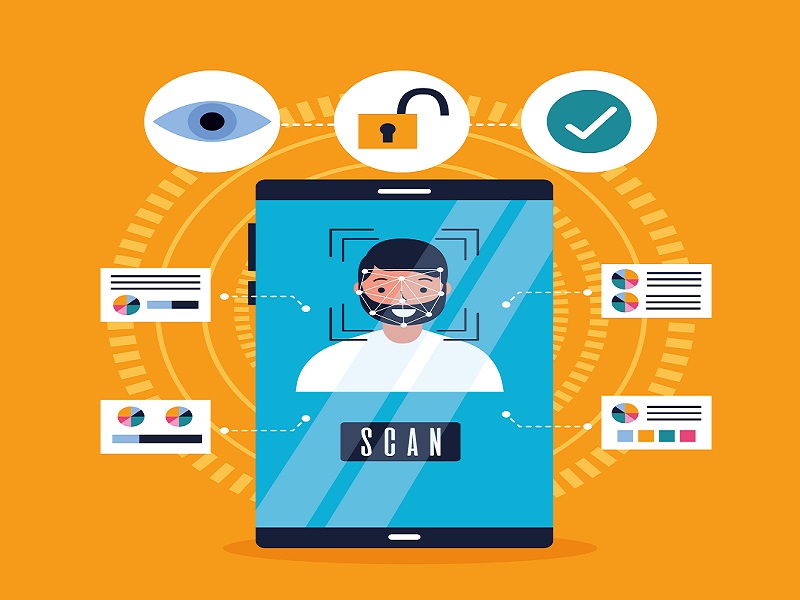The Buyt Desk
To become financially independent you need to have a proper well chalked financial plan and adhere to the plan. Along with this keep check on loans and credits.
Independence and freedom may mean different things to different people. And financial independence is a very relative term which means different to each individual. It depends on an individual’s current financial status, current location, his/her upbringing and family setup. For some it might be meeting the basic needs, for some, it might be meeting all needs of the family, for some, it might be being able to afford all luxuries. Based on an individual’s definition of financial independence, he /she can have their financial goals defined.
What are the six basic tips and tricks to become financially independent?
Decide on the amount of money you need
Chalk out your financial goals and make a plan to achieve them all. This plan will help you manage your earnings and decide on the investments to be made based on your earnings. When planned well in advance, you can have the best asset allocation strategy to grow your money and reach your financial goals at the earliest. A simple formula is to start working backwards to calculate the amount you need in future. Firstly based on your financial goals considering inflation rate, time period and presumed rate of return estimate the funds you may need.
Once you know how much corpus you will need in future for the life you want to lead, go to a financial advisor or any online systematic investment plan (SIP) calculator to know how much you need to invest monthly to achieve all your financial goals
Start early investment
Financial advisers always say that the earlier you start investing, the faster you grow your money with the power of compounding. Start planning your retirement from the day you start earning. Even small investments every month grow into a big corpus over years. As soon as you plan to have a child, start investing in his/her’s higher education so that in the next 15 years you can have a good chunk of money for a child’s higher education. If you lack financial discipline then go for the SIP mode of investments so that you do periodic investments.
When possible prepay loans
Foreclosing loans is always beneficial even after paying an early closure penalty. You will be saving significantly on the total interest cost. When you have multiple loans, first prepay the loan that has the highest interest rate, also consider the one which has longer residual tenure. Every time you are in financial surplus, prepay the loans. One with higher interest rates is personal loans, credit card debt, and two-wheeler loans when compared to home and car loans. Never use your emergency funds to prepay your loans. Consider the foreclosure charges when you want to repay the loan. If you are almost near the end of tenure and the lending institution is taking a hefty foreclosure then it is wise to not prepay.
Keep regularly assessing your credit report
Credit agencies monthly evaluate your credit scores considering your loans and credit card status as the data is given by the lenders. Keep a close eye as your credit score can be low even when you repay your loans regularly because of some fraud or error in data provided by lenders. Review your report regularly and in case something is not right, get it rectified immediately so that your credit score is not negatively impacted.
Consider EMIs when determining emergency fund
All of us need to keep aside 6 to 8 months of earnings as a financial cushion to fall back on during financial emergencies like illness or unemployment. Calculate your monthly expenses which should include utility bills, rent, insurance premiums, EMIs and inevitable expenses such as child’s tuition fee. And your emergency fund should be equivalent to 6 to 8 months of your monthly expenses. By having these funds, you will not face any issues in case you lose your job or an economical crisis or are unable to go to work because of ill health. Even during tough times if you are able to pay your EMIs you will not end up paying higher interest and penalties in future and also your credit score is not negatively impacted.
Balance transfer
There is a facility available where you can move your loans to a new lender offering a lower rate of interest. Avail of this balance transfer facility to save on interest cost and EMI. Before you opt for a balance transfer, check all lenders in the market and decide on the one with the lowest interest rates. Your EMI will reduce substantially. There are many online portals which compare interest rates offered by different lenders. When opting for balance transfers do consider the foreclosure charges at the current lender and processing fees at the new lender. With proof of the lowest interest rates offered to you, ask your current lender to lower the rate of interest.







